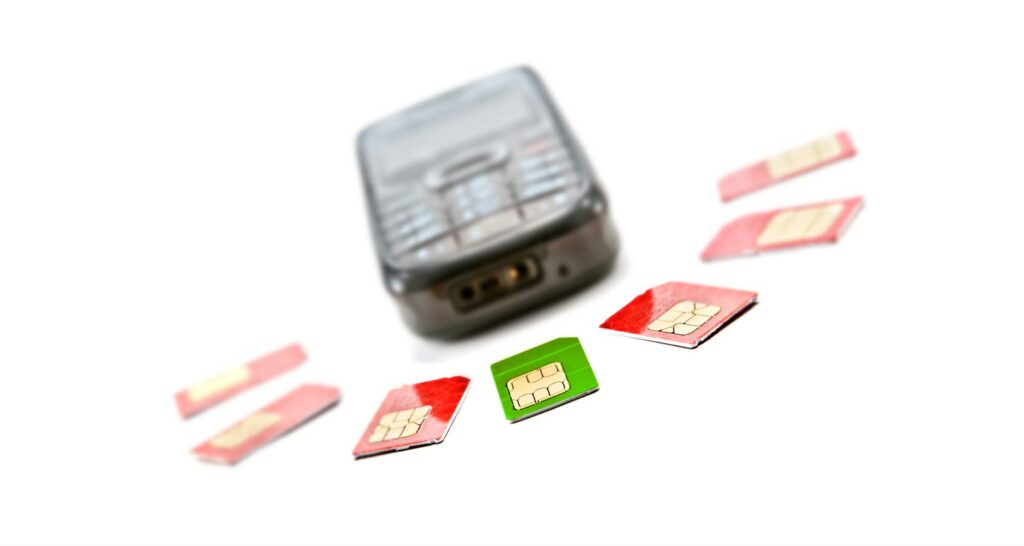South Africa is grappling with a growing environmental challenge—an overwhelming overproduction of plastic SIM cards, most of which end up in landfills, rivers, or as street litter.
Telecom executives have dubbed the phenomenon the “SIM card washing machine”, describing a cycle in which millions of SIMs are printed, sold pre-loaded with airtime or data, used briefly, and then discarded.
Vodacom Group CEO Shameel Joosub acknowledged the scale of the problem in an interview with TechCentral, saying, “On the overprinting of SIM cards, yes, there is definitely an issue in South Africa.”
South African telecom operators collectively print nearly 10 million plastic SIM cards every month—about 120 million annually—for a population of roughly 65 million. The waste problem is compounded by the fact that many of these SIMs are used only once, often by prepaid users drawn in by free airtime offers.
“It is wasteful, and the big winners are the SIM card providers,” said Cell C CEO Jorge Mendes, adding that operators are unlikely to stop printing SIMs anytime soon due to competitive pressures.
While eSIMs (embedded SIMs) offer a promising long-term solution, their adoption remains limited. These digital SIMs eliminate the need for physical cards entirely, reducing plastic and electronic waste. However, most low-cost and prepaid devices do not support eSIM technology.
“eSIMs would help from the perspective that there is no physical card,” Joosub explained. “But for eSIM, the devices have to be enabled, and that is still going to take a while because your mass number of connections are still not eSIM.”
Devices that support eSIMs typically cost $500 or more, making them inaccessible to much of the population. Though technology often trickles down from high-end to entry-level phones over time, telecom companies are hesitant to push eSIM adoption too aggressively for fear of losing market share.
Many consumers also use multiple devices or dual-SIM phones to navigate inconsistent coverage or capitalise on varying pricing between networks—further fuelling demand for physical SIMs.
South Africa’s telecom companies have implemented various environmental initiatives, including using recycled materials and reducing SIM card sizes. Yet, the sheer scale of SIM printing undermines these efforts.
Beyond plastic, the electronic components inside SIM cards also pose challenges. They are too small and dispersed to be salvaged cost-effectively, making a full shift to eSIM the only realistic long-term solution to eliminate SIM-related waste.
Until device compatibility improves and operators shift incentives, however, South Africa’s SIM card “washing machine” shows no signs of slowing—leaving millions of discarded chips in its wake.
Click the link Puretvonline.com | WhatsApp Channel to join the WhatsApp channel
GOT A STORY?
Contact/WhatsApp: +233243201960 or Email: manuelnkansah33@gmail.com

